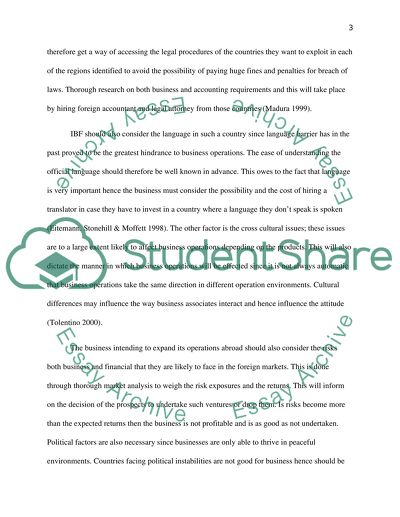Cite this document
(“International business finance Essay Example | Topics and Well Written Essays - 2500 words”, n.d.)
Retrieved from https://studentshare.org/finance-accounting/1404435-international-business-finace
Retrieved from https://studentshare.org/finance-accounting/1404435-international-business-finace
(International Business Finance Essay Example | Topics and Well Written Essays - 2500 Words)
https://studentshare.org/finance-accounting/1404435-international-business-finace.
https://studentshare.org/finance-accounting/1404435-international-business-finace.
“International Business Finance Essay Example | Topics and Well Written Essays - 2500 Words”, n.d. https://studentshare.org/finance-accounting/1404435-international-business-finace.


